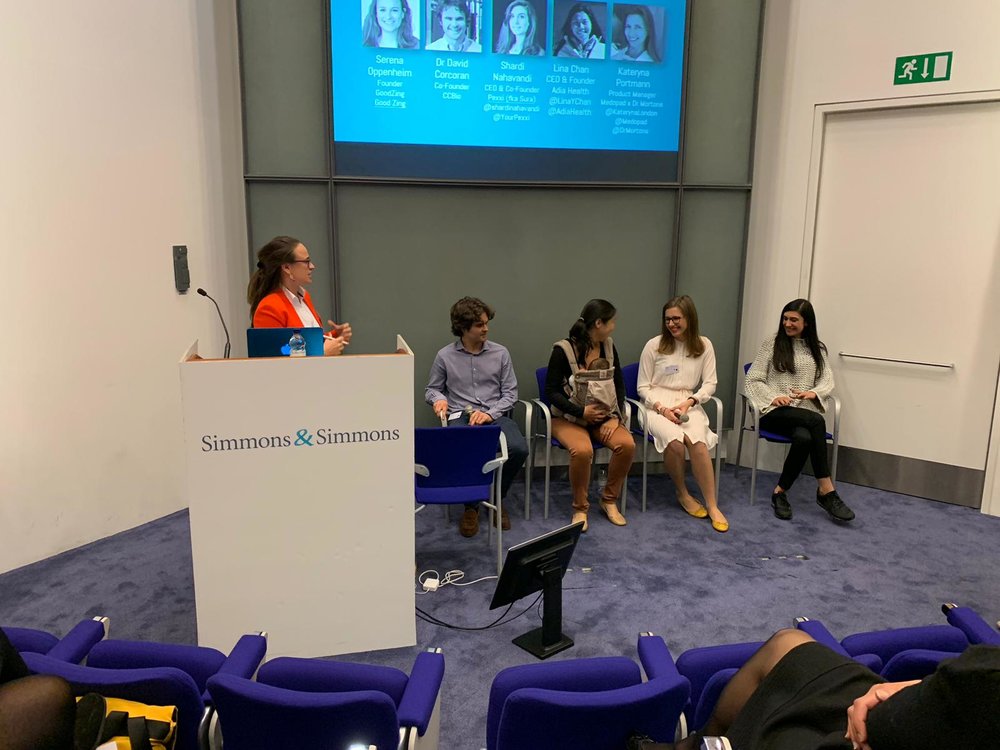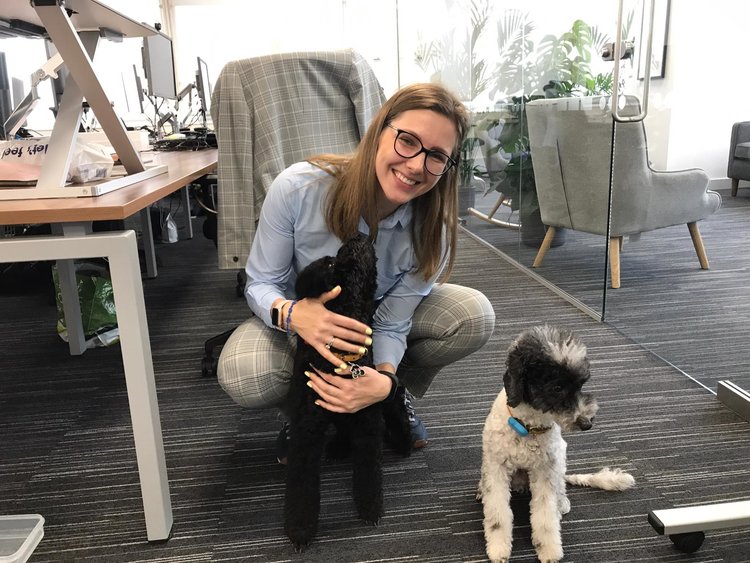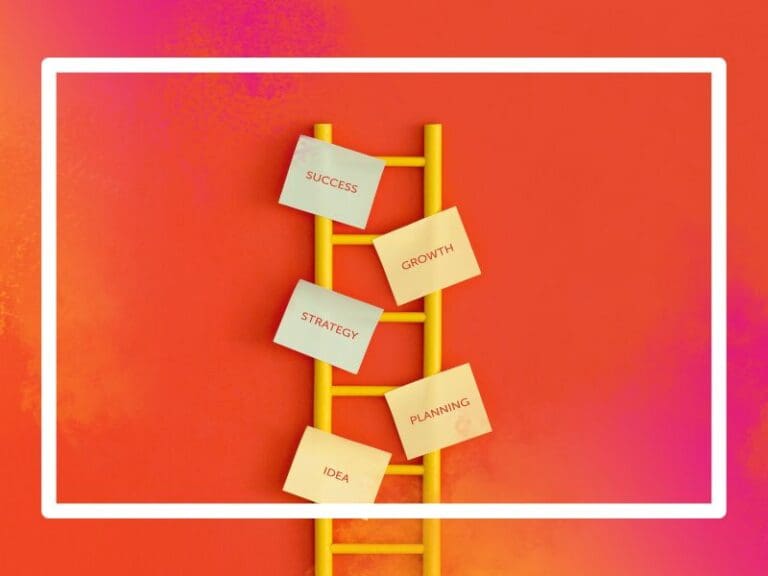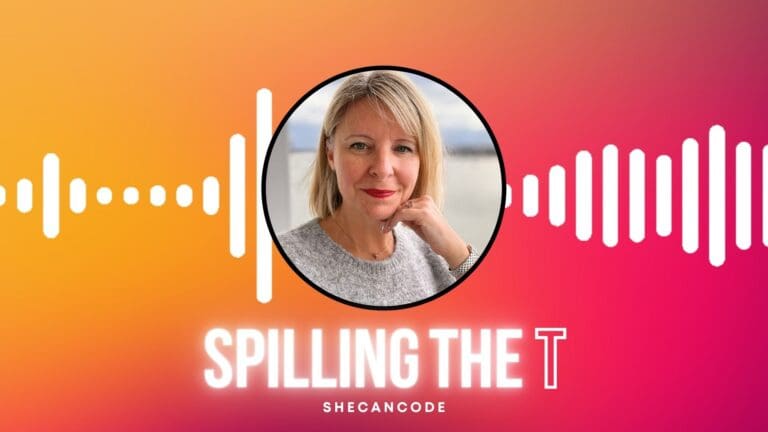“War and economic recession in Ukraine ended many careers. Fortunately for me, it provided the momentum required to change my path for the better.”
My early career was in environments which are now perceived as more traditional: law firms, embassies, and government institutions. For each one, I was responsible for change, transformation, and innovation mostly by introducing digital approaches to their more traditional processes.
When I was a General Manager at the American Embassy Employees Association, I created an online platform to help communication between diplomats and their employees association representatives. The services that were originally only available offline, now become even more popular, all due to some extra love from the techies. With 3 clicks they could get goods delivered, organise bike rental, get access to a concierge, buy movie tickets and monthly travel cards, etc. Something that in 2011 would have been already the norm in the UK, but in the Ukraine was still very new.
“Where did the idea come from? Well it came straight from the users!”
Clients who were diplomats were sharing ideas with me on how to improve the employee association services. I was inspired by the multiple startups who were focusing on making things easier through a sharing / renting economy. ‘Renting’ items, apartments etc was not something people in Ukraine were familiar with, but as I read more and more case studies, I started to recognise the opportunity.
I tried to see the world from the diplomats perspective, they were coming to a new country where everything was different. I wanted them to feel like they were not too far away from home – giving them access to American food – 10 different kinds of Oreo, DayQuil and NightQuil, SPAM,etc. I would ask what items they were missing the most, and then bulk order as well as get somethings from the Duty Free store which I managed in the Embassy. My daily question for all clients was “How might we improve and make your life better”. I was creating additional digital products and optimising the user journey. I thought that it is caring and creating product people love, only later did I understood that there is a role for that. And now I am Product manager! It is me…
How did you get in to healthtech?

I came to Hong Kong in 2015 to do my Phd, and after 6 month I realised that academia was not really for me. I didn’t have any other option but to use all skill sets to get a job. I decided to to take a course at General Assembly in Data Science and Python and soon after joined one of the fastest Fintech Startups in Asia and globally. As I couldn’t speak the language fluently, a role in data was much easier to get, than one in a sales or project manager role. Python and R were also “friendlier” than 9 tones and traditional characters of Cantonese, but I did not stop until I got upper-intermediate level, because it was great training for the brain. My role sat between data analysis and product management.
Let me share what I could actually use in my product role in Healthtech from Fintech. I think maybe 95% of knowledge, because what is happening behind the scene is the same in every industry I’ve worked. While developers and designers build, product managers communicate and orchestrate different groups to make priorities happen. They set timelines and make sure everyone is set on course to hit deadlines and deliverables.
Do you need to code in order to work in healthtech?
There are so many different types of product management. Some people come from tech, design, research background, others from sales, business development and marketing, I know people with consulting and academic careers who became successful in product. The most important thing you need is curiosity and a desire to learn and be willing to solve problems.
I did not have a product manager title when I was a founder of a startup. But I was doing the same work as I am doing now as product manager – i.e. collaborative approach, cross-disciplinary thinking, ability to influence people to make decisions and the confidence to serve as the final decision maker, if and when necessary. So in case if you are founder and you would like to try a product role, don’t hold back, you already have the skills you need! You will still have to bring everyone along with your vision. The biggest frustration you may have as a product manager is that you will not be the one with all decision power, and some priorities may change and you will just have to deal with it.
Can sales and project management experience be relevant for product roles in healthtech?
I do believe that sales experience is important for some product roles. Selling products helps people build products. After earning some sales experience, product managers have empathy to understand what will ultimately satisfy real pain points, both for customers and for teammates. I can understand why sales team are pushing for some features, and I make sure that I speak to them in the same language about roadmaps, priorities and data driven decisions. Collaborative mind-set is something that I encourage when I project manage. Without legal support, marketing team and developers – most of the projects would fail.
What is different?

Sales people and project managers have short-term goals and quarterly targets, but product managers – are measured on long-term user engagement and overall health and success of the product today and in the future.
Is a product role right for you?
Do you have entrepreneurial spirit and enjoy collaborating and coordinating communications between multiple stakeholders? Your work will mostly focus on ‘translating the needs’ into technical requirements and new revenue opportunities.
- Are you comfortable with cross-functional teams and passionate about product?
- Do you have good business sense, understand and enjoy keeping informed of market trends and new technologies?
- Do you have natural leadership skills and can keep clear head even under pressure?
If yes, then product is for you.
And if you think that this all sounds nice, but you do not have 100% of skills needed – find the right mentor to help advise you, or write to me and I can recommend you mine.
Without their support and guidance I would never have been able to achieve what I have in the time that I have done it! Real leaders are happy to share the knowledge, so you should not be afraid to ask for help and advice! Nike created a great ad about support and it is very relevant for Women in product as well, check it out https://twitter.com/Nike/status/1134821857905991680?s=17.
If you are considering a career in Product, here are some useful links:
Meet-ups:
https://www.meetup.com/Product-Circle
Slack:
- ProductCollective.slack.com
- Todaysquestion.slack.com
- Mindtheproduct.slack.com
- Productmanagerhq.slack.com
Books:
- The Practitioner’s Guide To Product Management (Top 5 Things Learn/Hard Way)
- Jobs to Be Done
- Escaping the Build Trap
- Inspired: How to Create Tech Products that Customers Love
- Competing Against Luck
- What Customers Want
- Cracking the PM Interview
Blog:
https://generalassemb.ly/blog/?s=Product+Management
Katerina is speaking at a diversity and inclusion in the workplace webinar next week! Learn more.








